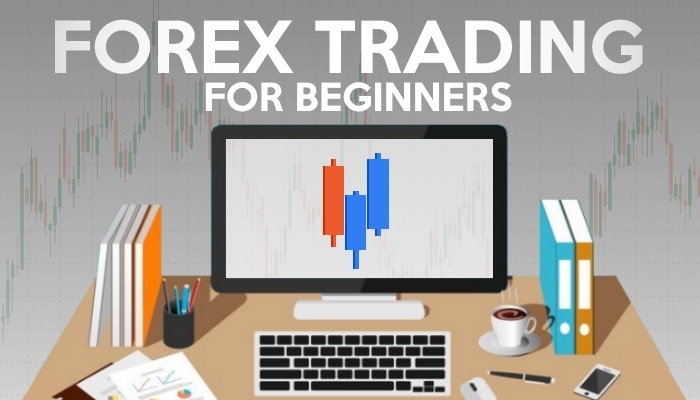Understanding the Basics of Money Exchange in Today's Global Market
In a progressively interconnected international economic climate, realizing the basics of currency exchange is indispensable for stakeholders across numerous industries. As central banks put in impact and technical innovations reshape money trading, the implications for global commerce are far-reaching.
The Basics of Currency Exchange
Currency exchange is an essential aspect of the global economic climate, facilitating worldwide profession and investment. It includes the conversion of one currency into one more and is vital for organizations, governments, and people who take part in cross-border transactions. The money exchange process happens in the fx market (Foreign exchange), which is the biggest and most liquid economic market worldwide, operating 24-hour a day, 5 days a week.
At its core, currency exchange is driven by supply and demand dynamics. Money are traded in sets, such as EUR/USD or GBP/JPY, and the currency exchange rate in between them suggests just how much one money deserves in regards to another. This price changes continually as a result of trade circulations, resources activities, and other market activities.
Participants in the Foreign exchange market range from large banks and international corporations to private investors and visitors. Each individual may have different purposes, such as hedging against currency exchange rate danger, speculating on money motions, or facilitating global acquisitions. Recognizing the basics of currency exchange is important for making notified decisions in the international market, as exchange prices can substantially impact the expense of items and services, investment returns, and financial security.
Variables Influencing Exchange Fees
Higher passion rates supply lending institutions much better returns relative to other nations, attracting more foreign resources and triggering the currency to value. On the other hand, inflation rates play a crucial role; currencies in countries with lower rising cost of living rates have a tendency to value as acquiring power boosts family member to higher-inflation economic situations.
Economic development and stability likewise considerably effect currency exchange rate. A robust economic situation brings in international investment, boosting need for the residential money, which brings about recognition. In addition, trade equilibriums impact currency worth. A country with a significant trade excess commonly sees its currency appreciate as a result of enhanced international need for its items and solutions, while a profession deficit can compromise the money.
Political security and financial performance are vital too; countries viewed as low-risk locations for investment tend to see their currencies appreciate. forex trading course. Market conjecture can additionally drive exchange price variations, as investors prepare for future motions based upon present economic indicators and geopolitical events. These aspects jointly add to the vibrant nature of currency exchange rate in the global market
The Function of Central Banks

Reserve banks additionally participate in foreign exchange treatments to fix excessive volatility or misalignments in exchange rates. These interventions might include acquiring or offering international currencies to preserve a desired exchange rate level. Additionally, main banks hold significant forex books, which can be released tactically to sustain their currency.

Modern Technology and Currency Trading
While central financial institutions form the overarching landscape of currency exchange, technological improvements have actually transformed the auto mechanics of money trading itself. The spreading of digital platforms has equalized accessibility find more information to international exchange markets, enabling specific investors to get involved together with institutional investors. Online right here trading systems, equipped with real-time data and logical devices, facilitate informed decision-making and have added to raised market liquidity.
Mathematical trading, powered by advanced software application, has actually revolutionized the speed and efficiency of money trading. Algorithms perform professions based on predefined standards, lessening human intervention and reducing the time needed to exploit on market activities.
Cryptocurrencies, underpinned by blockchain, have actually introduced a new dimension to currency trading, motivating market individuals to adjust to an evolving financial ecological community. As innovation proceeds to evolve, its influence on currency trading will likely strengthen, shaping future market dynamics - forex trading course.
Impacts on Global Trade
In the interconnected landscape of worldwide profession, currency exchange plays an essential duty in forming financial partnerships in between countries. A strong money can make a country's exports more expensive and less attractive on the international phase, possibly decreasing market share.
Currency changes can also result in economic uncertainties, complicating lasting preparation for multinational firms. Businesses usually hedge against these risks via economic instruments to stabilize costs and revenues. Furthermore, currency exchange rate affect foreign straight financial investment (FDI) decisions, as investors look for desirable conditions to make the most of returns, impacting capital flows throughout boundaries.
Moreover, federal governments aim to maintain steady currency exchange rate to promote predictable trading problems, often intervening in international exchange markets to accomplish financial goals. Main banks might readjust passion rates or implement financial plans to home influence money strength, therefore impacting profession dynamics.
Verdict
A thorough grasp of currency exchange basics is important for browsing the intricacies of the international market. Exchange prices, shaped by interest rates, inflation, and economic development, are pivotal in identifying currency assessments.